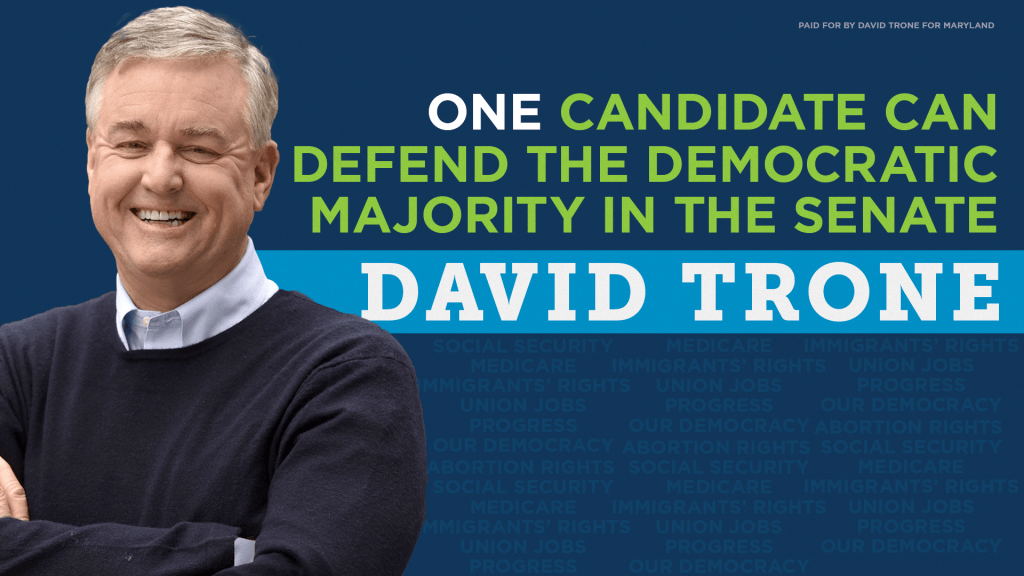
It’s an undeniable fact that all humans have a selfish side whether they accept it or not.
Psychological data obtained from previous researchers suggested that humans tend to be selfish because they like the attention.
Altering the Prisoner’s Dilemma which is a classic matchup theory, selfish strategy, somehow, proved to be more productive.
In this game, both participants get equally rewarded if they co-operate.
However, if one cooperates but the other refuses to do so, then the participant who cooperated gets the smallest profit and the player who refused to cooperate gets the largest profit.
In a scenario, where they both cooperated, both get an equal share of the profit but still less than what they could have gained if they both would have cooperated. So the whole concept behind the game is that the selfish participant gets the largest profit, so this game promotes the quality of selfishness in the subjects.
Last Year University of Pennsylvania researchers Alexander Stewart and Prof Joshua Plotkin published a mathematical explanation for why cooperation and generosity have evolved in nature.
Recent researches have shown that providing more freedom in such games can further aid in making selfish strategies more productive. This whole project depicts how selfishness and cooperation balance each other out in nature.
Prof Plotkin said: “It’s a somewhat depressing evolutionary outcome, but it makes intuitive sense.
“We had a nice picture of how evolution can promote cooperation even amongst self-interested agents and indeed it sometimes can, but, when we allow mutations that change the nature of the game, there is a runaway evolutionary process, and suddenly defection becomes the more robust outcome.”
In the previous trials, the same participants were permitted to compete against each other and the victorious players passed on their successful strategies to the next generation. As cheaters couldn’t triumph against each other, forgiving and cooperative strategies succeeded as well.
In the new study published in the Proceedings of the National Academy of Sciences, the participants not only had the freedom to alter their strategies but they could also vary the playoffs they would get for cooperating or not cooperating.
This gives a more realistic notion of how reward and risk are interlinked in nature, where organisms have the freedom to cooperate and control the extent of how much they want to cooperate.
Initially, these studies gave a lot of success but Mr. Stewart added “when cooperative strategies predominate, payoffs will rise as well.
“With higher and higher payoffs at stake, the temptation to defect also rises.” In a sense, the cooperators are paving the way for their own demise.
“After this study, we end up with a less sunny view of the evolution of cooperation. But it rings true that it’s not the case that evolution always tends towards happily ever after.”

